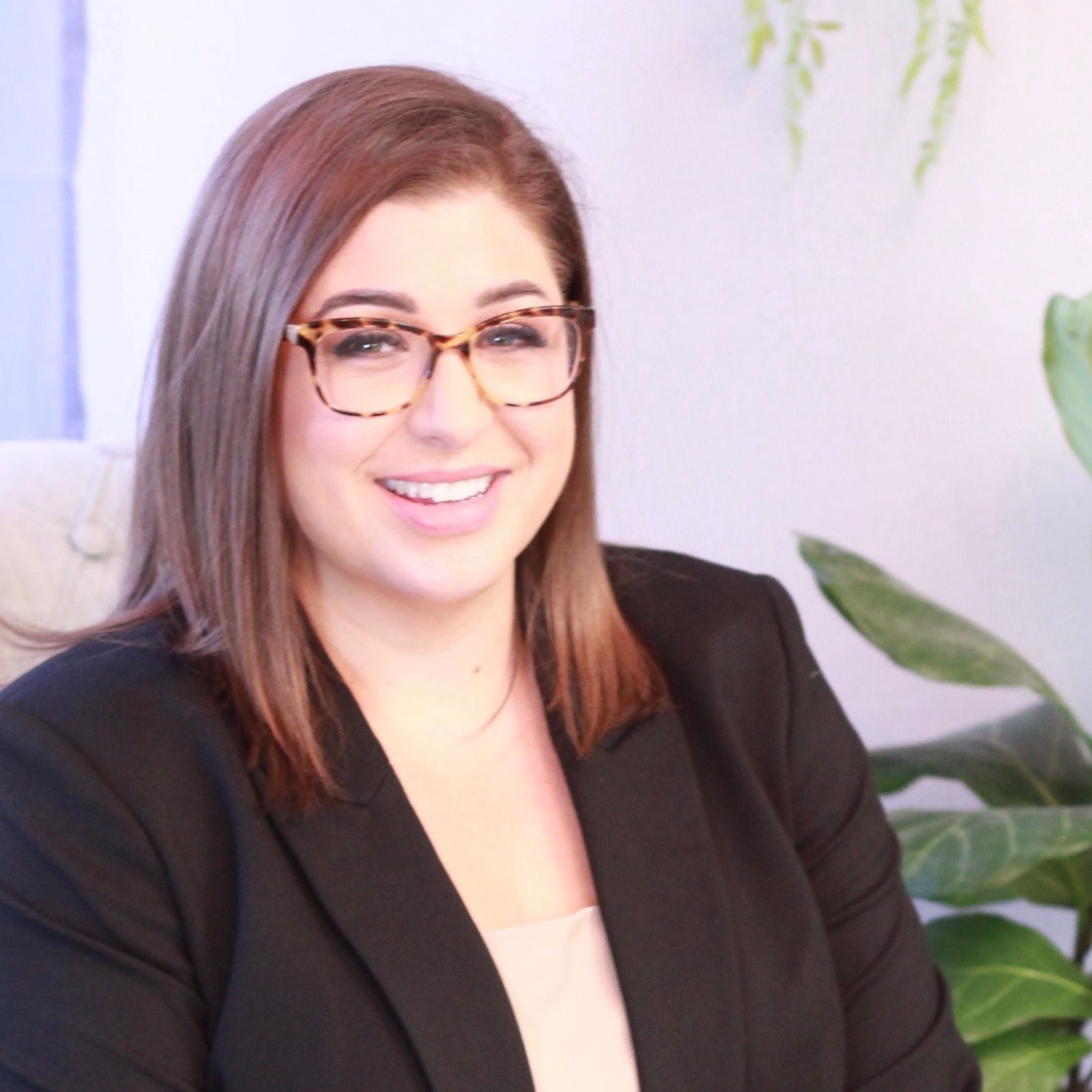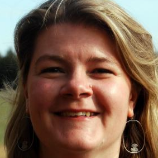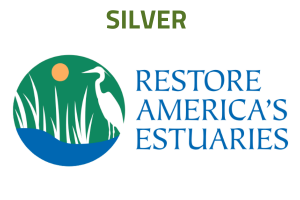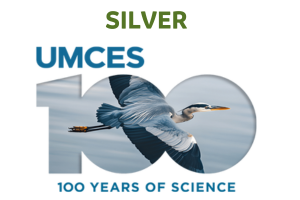- About
- Program
- Registration
- Experience
- Student & EC
- Hotel/Travel
- Sponsor/Exhibit
- Resources & More
PANEL: Working across discipline and difference to address complex coastal issuesTuesday, November 14 | 11:30 AM – 1:00 PM PT
|
| |
|
About the Panel
GOAL: Demystify transdisciplinary marine research, emphasize the importance of diverse perspectives, which includes community and tribal involvement from problem identification to solutioning.
We invite you to join us for a panel discussion on "Working across discipline and difference to address complex coastal issues," which aims to demystify transdisciplinary research and emphasize the importance of incorporating diverse perspectives, including those from communities and Tribes.
Transdisciplinary research is an approach that aims to democratize knowledge across academic and non-academic stakeholders to effectively implement solutions to complex coastal topics. However, the United States is behind in applying this approach to solve complicated ocean and coastal related challenges, such as those arising from climate change. Significant community engagement is crucial in transdisciplinary research, where communities are involved in problem identification and remain active members of the research team throughout the duration of a project to shape socially relevant research.
Our distinguished panelists will include leading researchers, coastal practitioners, community members, and Tribal representatives who will share their experiences and insights on the benefits and challenges of working across discipline and difference. They will highlight successful examples of working jointly with collaborators from other fields of study and discuss benefits and opportunities for impactful community and Tribal involvement in coastal research and problem-solving. The insights and experiences shared by our panelists will be valuable to researchers, community members, and decision-makers interested in collaborative processes and incorporating diverse perspectives into their work.
Join us for this important panel discussion and learn how transdisciplinary research and meaningful community engagement can help address challenges that affect a variety of ecosystems and the social and economic systems that they support. We look forward to seeing you there!
About the Panelists
Jennifer Sandoval is an Associate Professor at the Nicholson School of Communication and Media at the University of Central Florida. She is an award winning educator and a campus leader for equity and inclusion. Dr. Sandoval has a Ph.D. in Communication and Culture from the University of New Mexico and a Master’s of Dispute Resolution from Pepperdine School of Law. Her research focuses on the intersections of identity and power in complex contexts like healthcare, education, and environmental work. Dr. Sandoval has spent over 20 years working with a wide range of organizations enhancing their capacity to communicate across difference and difficulty. She is also an active leader in the United Faculty of Florida and community advocate for academic freedom, labor rights, and reproductive justice.
Meaghan Efford is a PhD Candidate at the Institute for the Oceans and Fisheries at the University of British Columbia. She is a queer disabled settler archaeologist and historical ecologist, and is currently working on a transdisciplinary project that serves the Cumulative Effects Monitoring Initiative at Tsleil-Waututh Nation. Her work combines archaeology, ecology, history, and Traditional Ecological Knowledge to answer socio-ecological questions surrounding the Burrard Inlet watershed in what is now known as Vancouver, British Columbia, Canada. For the past several years, Meaghan has served on departmental and university-wide committees to address institutional changes to further equity, diversity, and justice. One of these projects included creating the Conference Diversity Toolkit to help conference organizers improve the diversity and inclusion of their events through planning resources.
Katrina Radach is the Monitoring Network Coordinator for the Puget Sound Partnership in Washington state. Through her role, she supports the Puget Sound Ecosystem Monitoring Program (PSEMP), which is a monitoring network across the Salish Sea. She graduated with a MA in Environmental Policy from Western Washington University and received a BS in Oceanography from the University of Washington. Her career has been centered around the nexus and bridging of science, policy, and communities.
Lora Harris (she/her) is a professor at the Chesapeake Biological Laboratory within the University of Maryland Center for Environmental Science. She is an estuarine ecologist who applies field and modeling approaches to address questions regarding nutrient dynamics, primary production, and ecosystem structure and function in a range of estuarine ecosystems. She is especially interested in how climate and management actions interact to affect water quality characteristics in estuaries and lagoons. Lora works closely with local, state, and regional agencies in both a research and collaborative capacity. She is committed to efforts that promote equity, inclusion, and justice in the geosciences through both workforce development programs and initiatives that have identified best practices for “equitable exchange” with communities. Lora is committed to community engagement in her work, and takes just as much satisfaction in talking about water quality with a Board of County Commissioners, or listening to residents tired of pollution in their tidal creeks, as she does in giving a talk at CERF.
Fred Tutman is a grassroots community advocate for clean water in Maryland’s longest and deepest intrastate waterway and holds the title of Patuxent Riverkeeper and organization that he founded in 2004. He also lives and works on an active farm located near the Patuxent that has been his family’s ancestral home for nearly a century. Prior to Riverkeeping, Fred spent nearly 25 years working as a media producer and consultant on telecommunications assignments all over the globe, including a long stint working with and advising traditional healers in West Africa and coverage of the Falkands conflict in Argentina on assignment by the BBC. After late life sojourn into law school, Fred now teaches and advises in the Graduate Studies program of Goddard College in Plainfield Vermont and has also taught classes in Environmental Law and Policy at various Colleges in Maryland. In his spare time he does trail maintenance on the Appalachian Trail when not exploring the Patuxent River by kayak. Fred is the recipient of numerous regional and state awards for his various environmental works on behalf of communities He is the longest serving Waterkeepers in the Chesapeake region.
Organizers
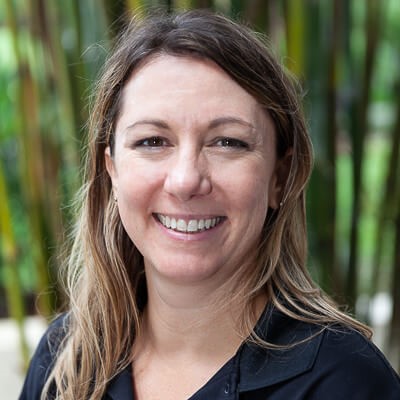
Dr. Kristy Lewis is a biological oceanographer in the National Center for Integrated Coastal Research at the University of Central Florida. She uses geospatial and ecosystem modeling approaches to investigate how global change impacts marine food webs and the coastal communities who live there. Her lab approaches these climate-driven challenges through a transdisciplinary oceanography lens. By its very nature, transdisciplinary science focuses on ecosystem resilience and environmental justice collectively with Indigenous groups, governmental agencies, and other local community members. She works across discipline and difference with physical, chemical, and geological oceanographers as well as social scientists, hazard geographers, natural resource economists, and archaeologists to accelerate innovation to address our most pressing climate- and human-driven disturbances on our coasts. Using action science and the co-production of knowledge as a framework, she employs advanced modeling approaches, which integrate long-term ecological, remotely sensed, community-based participatory, economic, and environmental data. This combined approach allows her to act as a boundary spanner across disparate types of data and disciplines to address our most complex coastal challenges. In all her research, she aims to understand the mechanisms behind changes seen in coastal systems, develop methodologies to advance scientific theory and adaptively manage ecosystems, and then ground the truth of those methods by validating them with local ecological knowledge and observations from field surveys and experiments. In every aspect of her research, she is driven by the following question: how can she create a culture of mentorship and inclusion to train a diverse cohort of researchers who have historically been underrepresented and excluded?
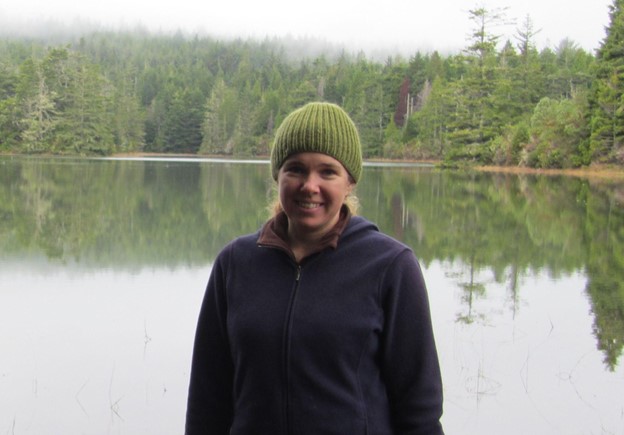
Jenni Schmitt is the Watershed Monitoring Coordinator at the South Slough National Estuarine Research Reserve, on the southern Oregon coast. Her research interests include understanding wetland ecosystems with a focus on how climate change influences habitats and species. Jenni also organizes and chairs the Partnership for Coastal Watersheds, a community stakeholder group whose members are currently working together collaboratively to guide improved estuary management.

